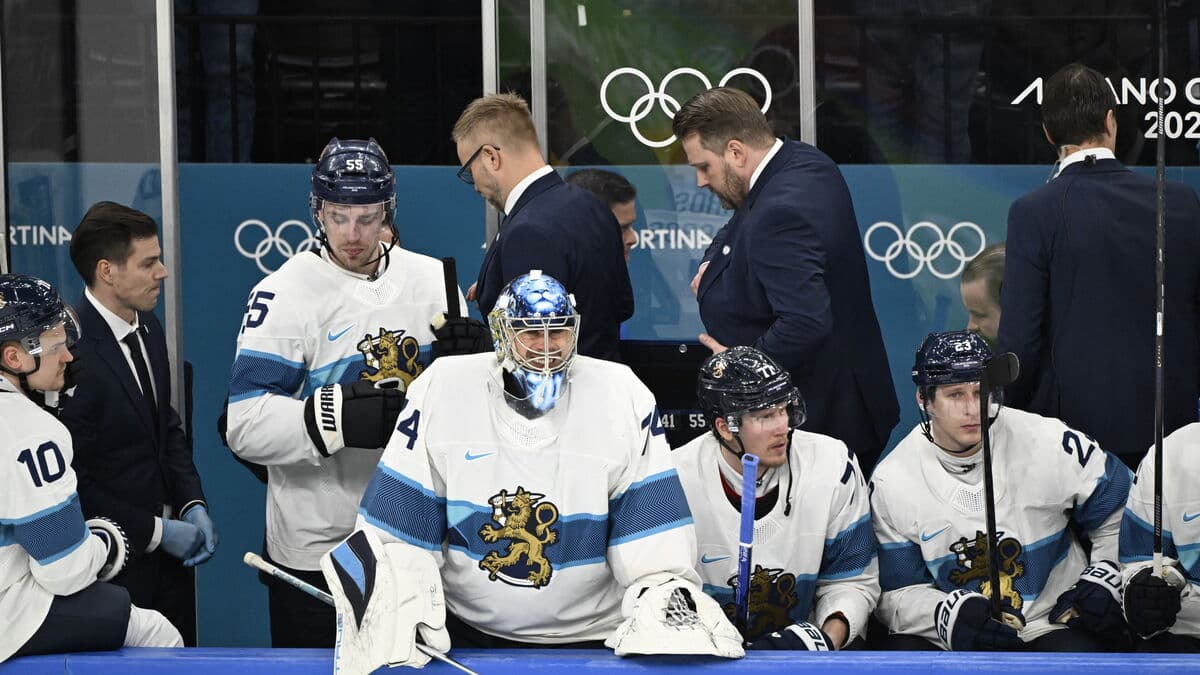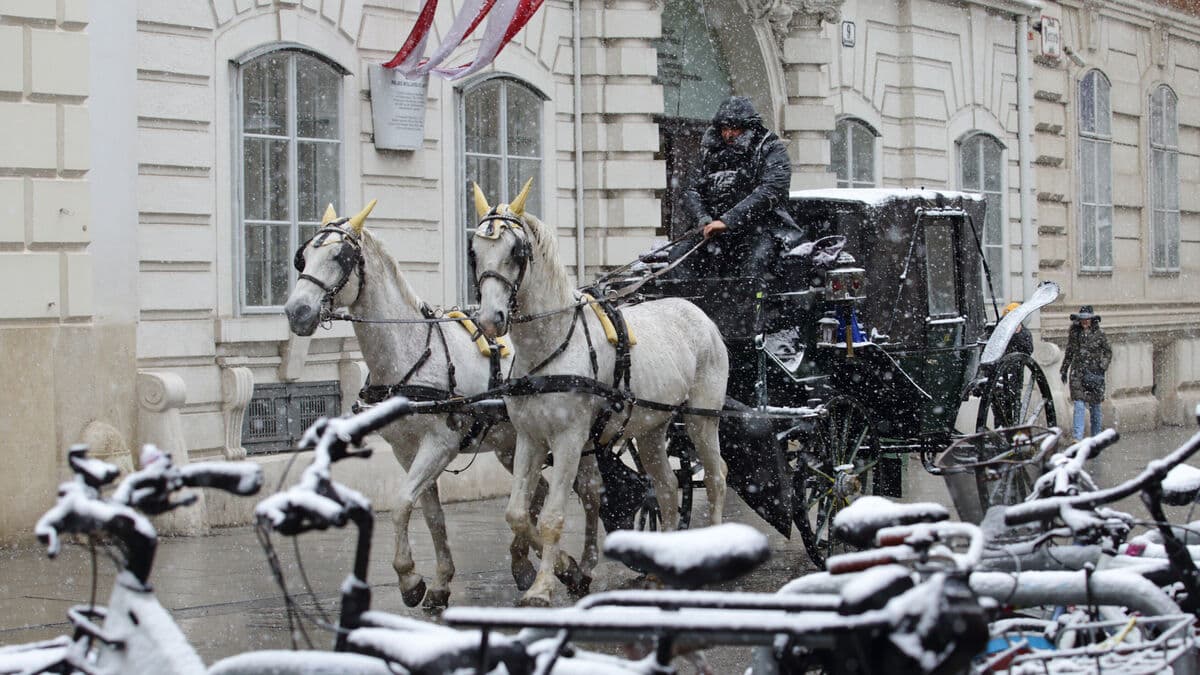Mikael Kubu describes the challenge he received in his knee five months ago as "enormous and complex", a company with nearly 5,000 employees and 80 billion kronor in debt.
At the battery company in Skellefteå, there was not a single krona in the account on the day of the bankruptcy, at the same time as the costs of conducting the business were enormous, he says.
The bankruptcy estate could, among other things with economic support from Scania, keep the business going for a while.
Would close completely
Initially, we looked positively at finding a new buyer, Scania gave us time to negotiate, says Kubu.
Advertisement
But potential buyers dropped out during the spring.
We then began planning for a complete shutdown.
The headquarters in Stockholm was closed and the research facility in Västerås was scaled down to a "minimum". After the summer, the plan was for the factory in Skellefteå to close completely.
But in June, a new interested party emerged. It was the American Lyten who on Thursday announced that they are buying up the bankruptcy estate.
Some never gave up hope, the municipalities in Västerås and Skellefteå and the employees, says Mikael Kubu.
Municipal councilor Lorents Burman (S) describes it as a long and tough period for Skellefteå.
New chapter
It has affected a lot of people, both new and old Skellefteå residents, he says at the press conference and continues:
Europe's largest and first functioning battery factory cannot simply cease to exist, cannot end up in the trash.
Advertisement
Burman describes Lyten's acquisition as "a new chapter in Europe's battery history", something he believes is important not only for Skellefteå, but also for Sweden and Europe.
Not least, it's about the green transformation of industry, regardless of what you think about it, it's happening for real around the world, and now also in Skellefteå.






